Unlock your academic potential with empowering education Tips for Students in Pakistan. Discover effective strategies for time management, digital literacy, and career readiness, ensuring success in the dynamic educational landscape by Grow More Career (GMC)!
See More Best Top 10 Schools in Pakistan
Quality Education in Pakistan
Inspecting the Empowering Education: Tips for Students in Pakistan, let’s have a look of key features of education in Pakistan:
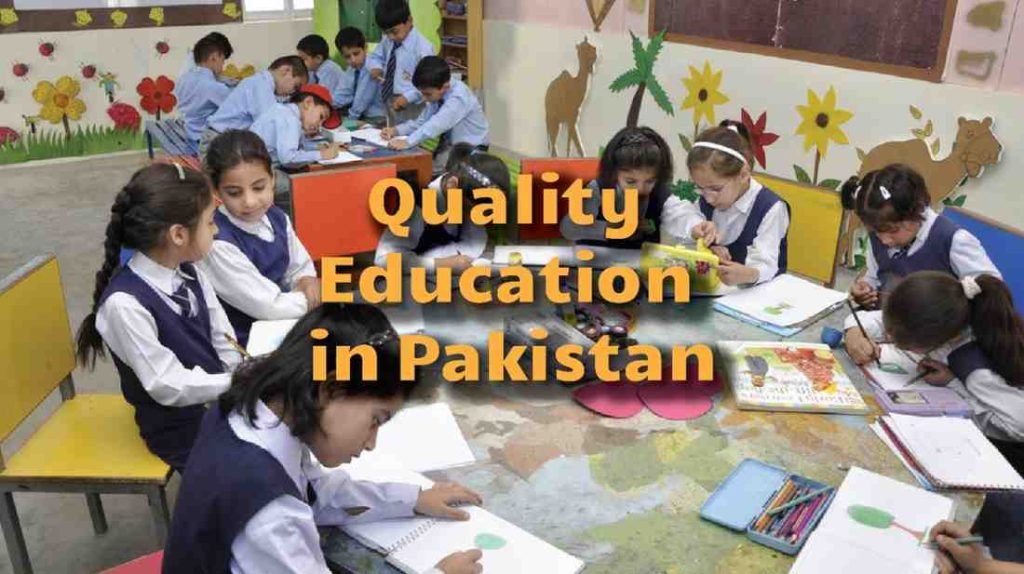
Accessible Learning
Access to education is central to promoting education in Pakistan and aims to provide equality to all students regardless of their location, socioeconomic status or physical resources. We strive to overcome educational challenges and provide a changing learning environment through projects such as infrastructure, financial support and integration of e-learning technology.
By expanding access to quality education, including digital platforms and social services, Pakistan strives to enable students to realize their potential, promote lifelong learning and contribute positively to the country’s economic development.
Quality Enhancement
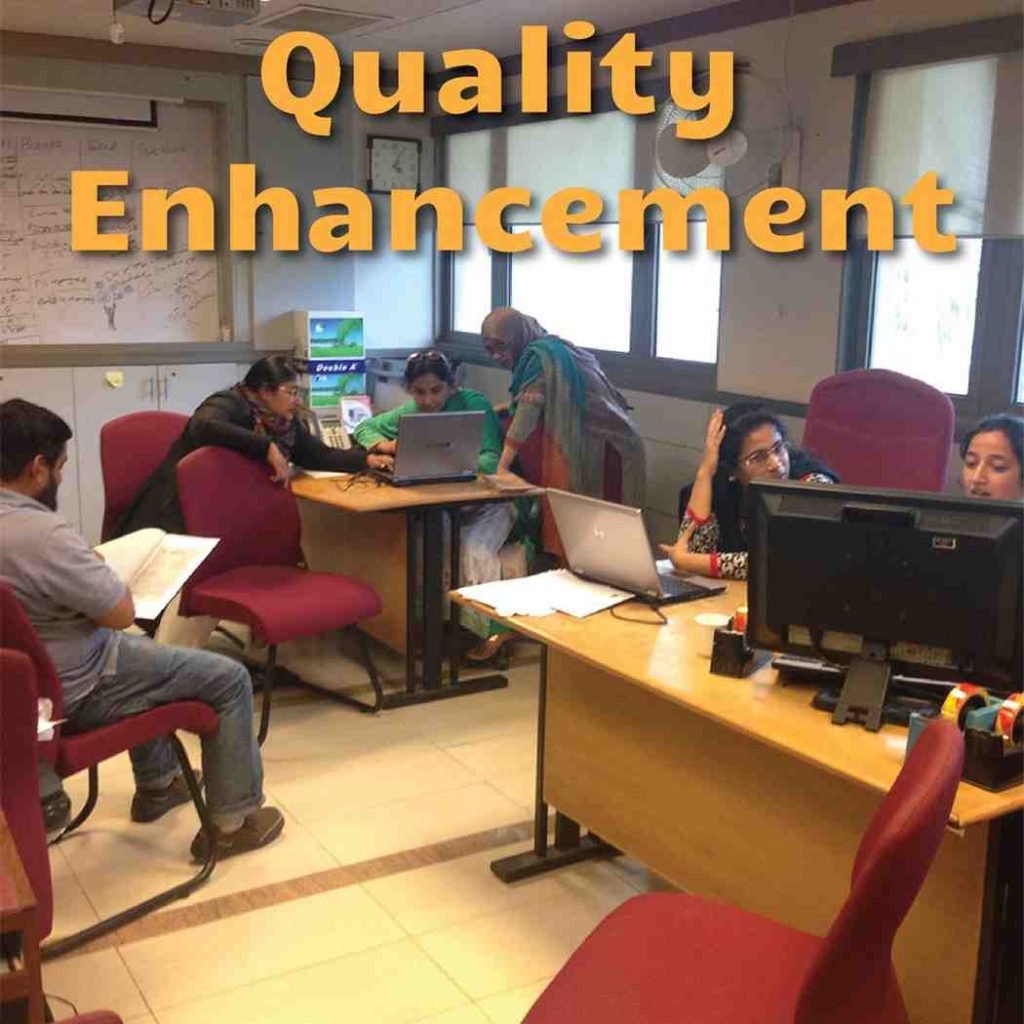
Improving the quality of education in Pakistan involves many ways to improve educational standards, improve teaching methods and create an environment conducive to holistic learning.
This includes updating curriculum changes according to modern needs and international standards, best practices to develop teaching skills, and assessment processes to ensure accountability and academic rigor.
Additionally, support educational research and innovation, integrate technology into the learning process, and promote a culture of volunteering to improve the quality of education at all levels, thus equipping students with the knowledge, skills and abilities they need to be competitive in the increasing competition and to develop in the dynamic world.
Skills Development
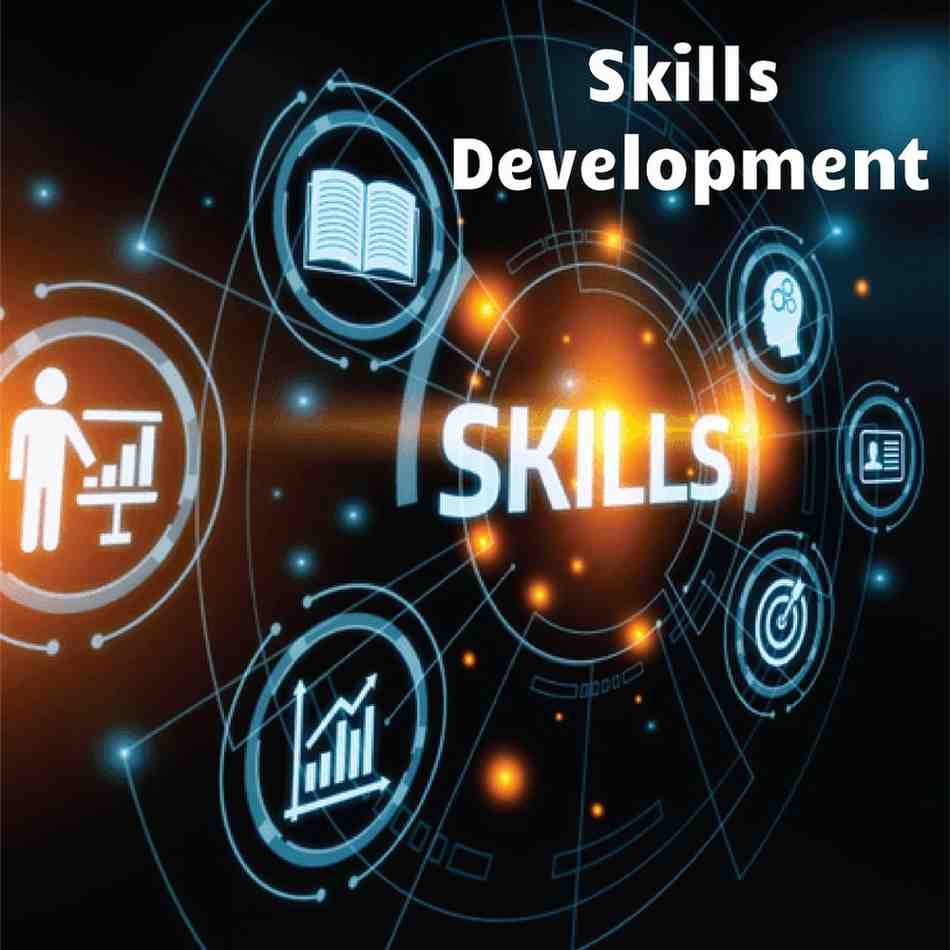
Skills development plays an important role in improving education by promoting economic growth and prosperity in Pakistan.
Prioritizing the development of important skills such as digital literacy, communication, thinking and problem solving, the education plan focuses on students who have the potential they need to thrive in a fast-paced business environment.
Job training, universities and online platforms provide opportunities for learning and skills, allowing people to find different career opportunities, contributing to development at the national level and adapting to the needs of the digital and global economy. Education in Pakistan encourages innovation, entrepreneurship and lifelong learning through the goal of skills development, enabling people to realize their potential and be productive.
Inclusive Education
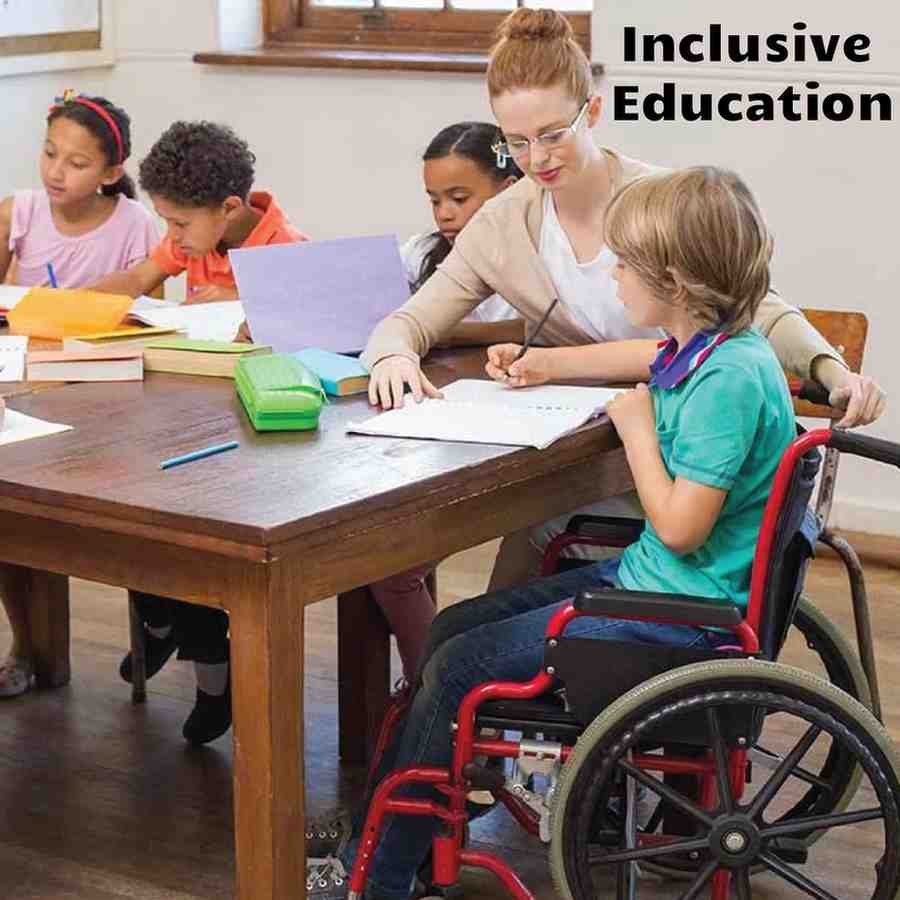
Promoting inclusive education is an important aspect of promoting educational assessment in Pakistan. Inclusive, inclusive education ensures equity and opportunity for all students, regardless of their background, ability, or socioeconomic status.
By implementing inclusive policies, providing supportive services, and fostering a culture of acceptance and understanding, Pakistan can create an educational environment where all students feel valued and encouraged and supported to achieve their potential. Inclusive education not only improves educational outcomes, but also promotes social cohesion, solidarity and harmony, laying the foundation for unity and equality.
Lifelong Learning
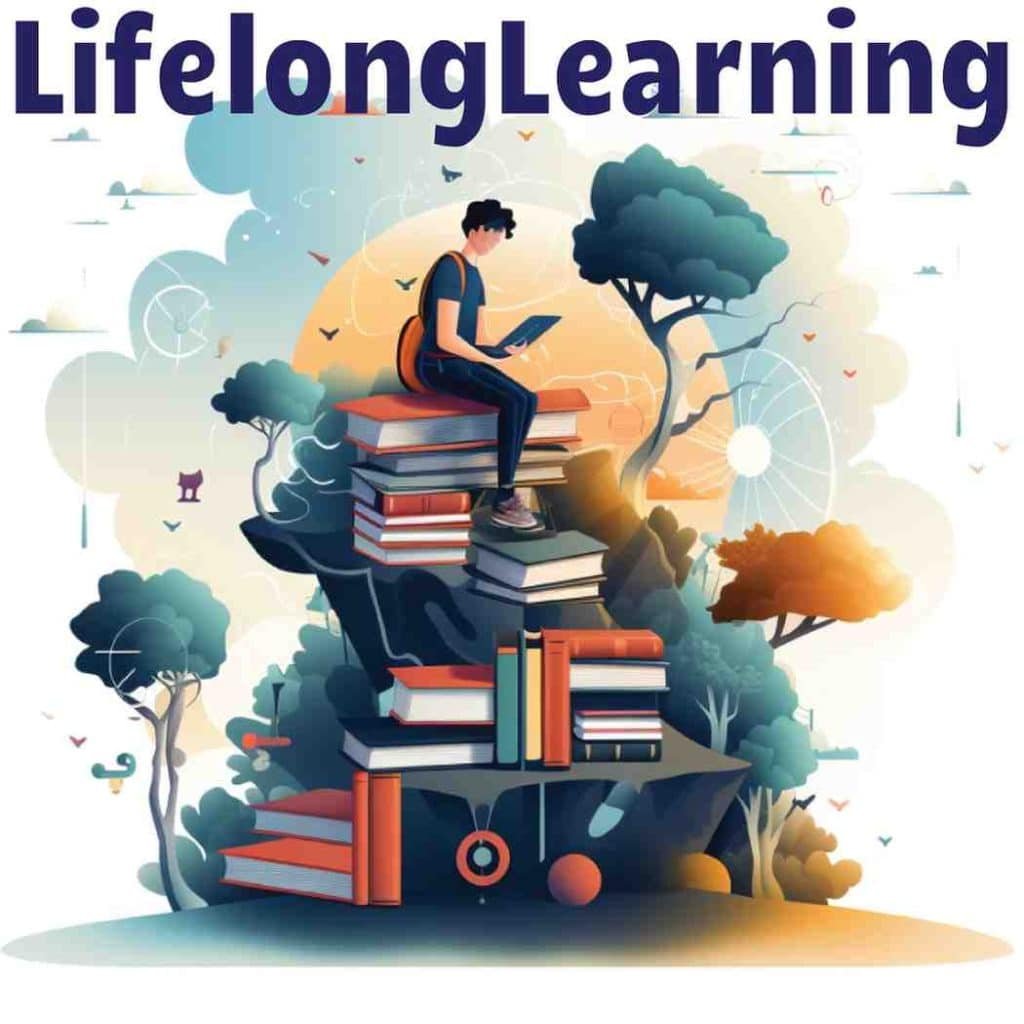
Lifelong learning is at the heart of promoting education in Pakistan, fostering a culture of continuous growth and development beyond traditional education.
Encouraging lifelong learning enables people to quickly adapt to technology and business, giving them the knowledge and skills they need to succeed in today’s workforce.
From formal education to non-formal education such as workshops, online courses and skill development programs, Pakistanis are encouraged to learn throughout life to improve their job performance, pursue personal interests and contribute to the country’s economy. By developing curiosity, patience and adaptability, lifelong learning plays an important role in helping people meet the challenges of a changing world and find a productive and fulfilling life.
Tips for Students in Pakistan
Prospecting Empowering Education: Tips for Students in Pakistan, the tips for students enlisted by Grow More Career (GMC) are:
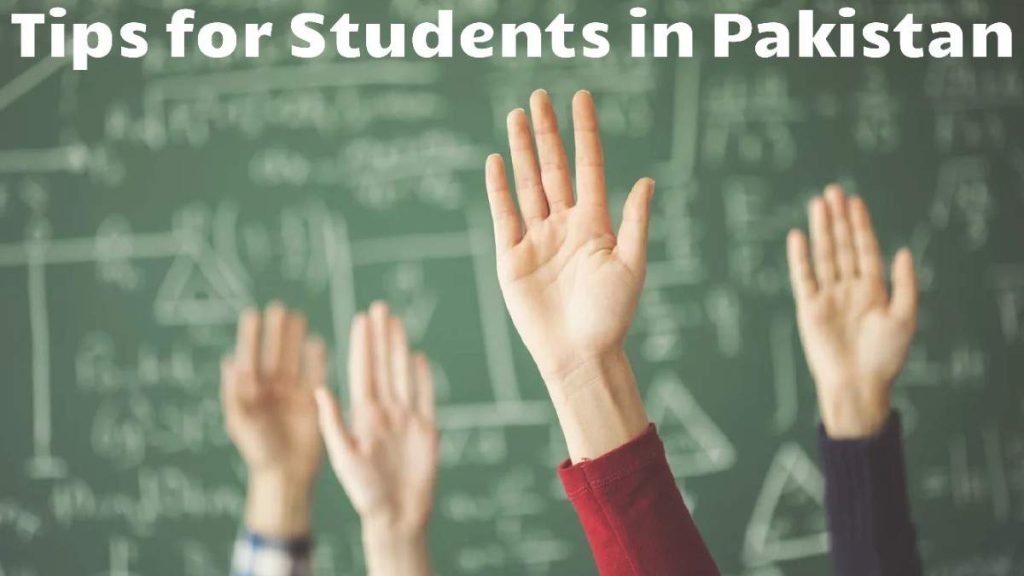
Academic Excellence
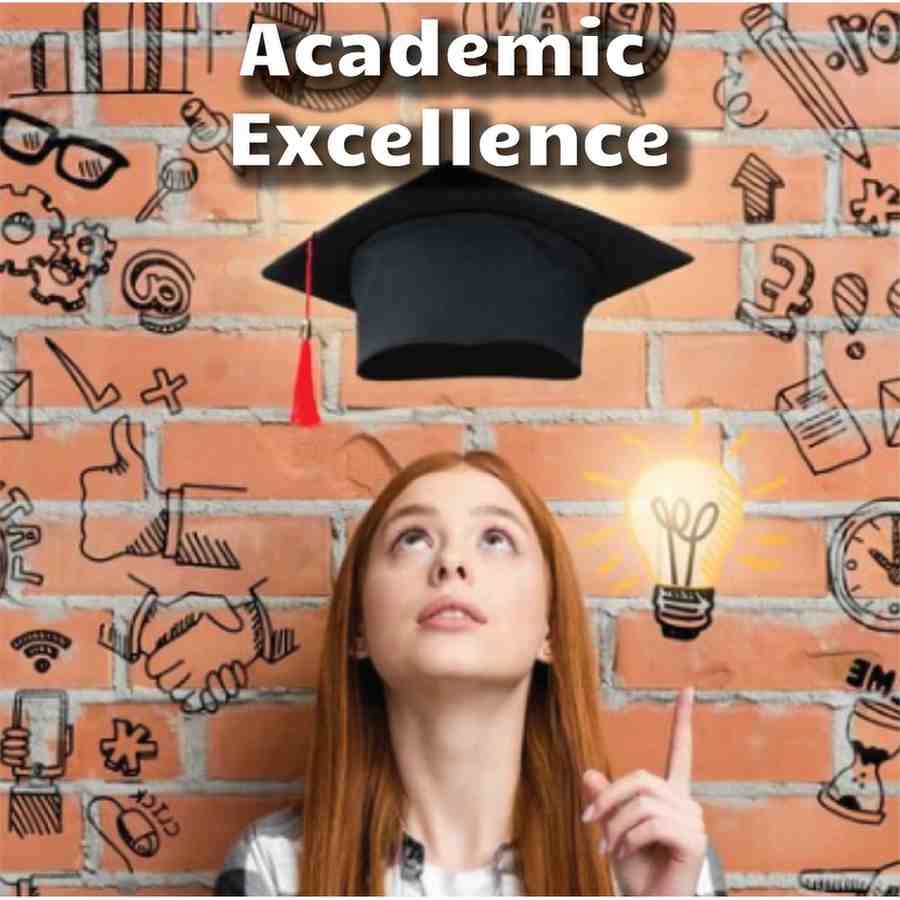
The best learning for Pakistani students depends on good time management, effective use of resources, active learning, seeking support when needed, managing stress, setting SMART goals, and striving for success.
By creating a learning plan, utilizing various resources, attending classes, seeking mentorship, managing stress, setting achievable goals, and successfully achieving them, students can cultivate a culture of excellence that ensures growth and success.
Personal Development
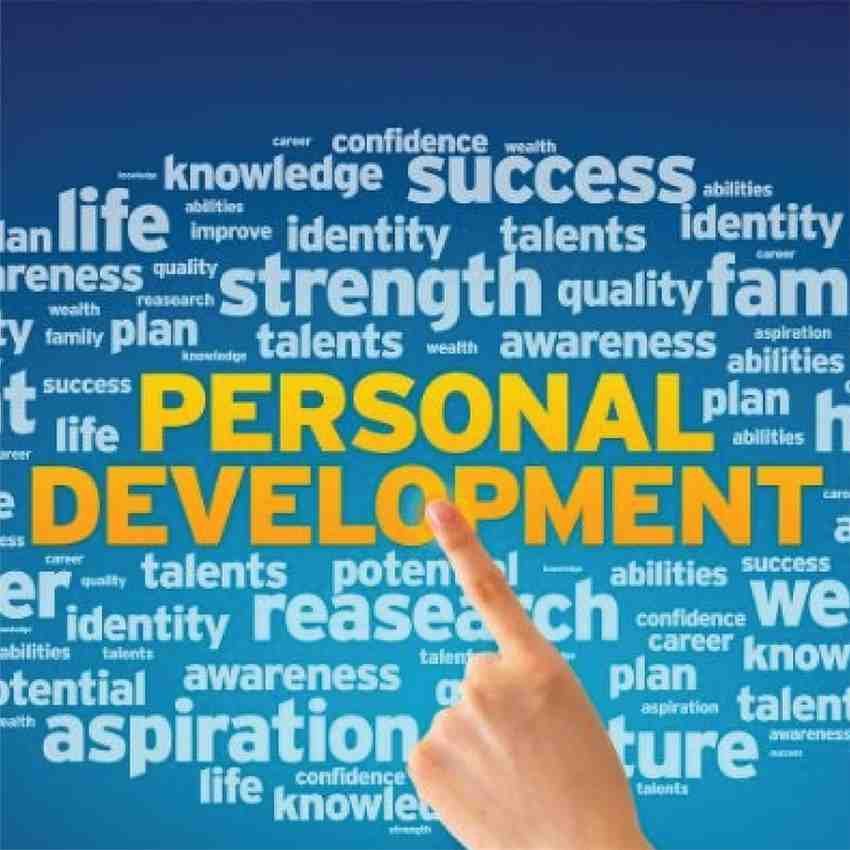
For Pakistani students, personal development is the key to success. It entails honing skills like time management, communication, and patience, while enhancing self-motivation, critical thinking, and self-awareness.
Through goal setting, receiving feedback, and continuous learning and improvement, students can boost their self-confidence, develop their abilities, and effectively tackle challenges, ultimately enhancing their capacity for personal growth and learning.
Well-being and Balance

Maintaining happiness and balance in the pursuit of quality education is crucial for Pakistani students. Prioritizing sufficient sleep, a balanced diet, regular exercise, and adequate rest are essential for nurturing both body and mind.
Balancing academic commitments with personal interests, socializing, and recreational activities reduces stress and improves overall well-being, enabling students to excel academically and lead fulfilling lives.
Career Readiness
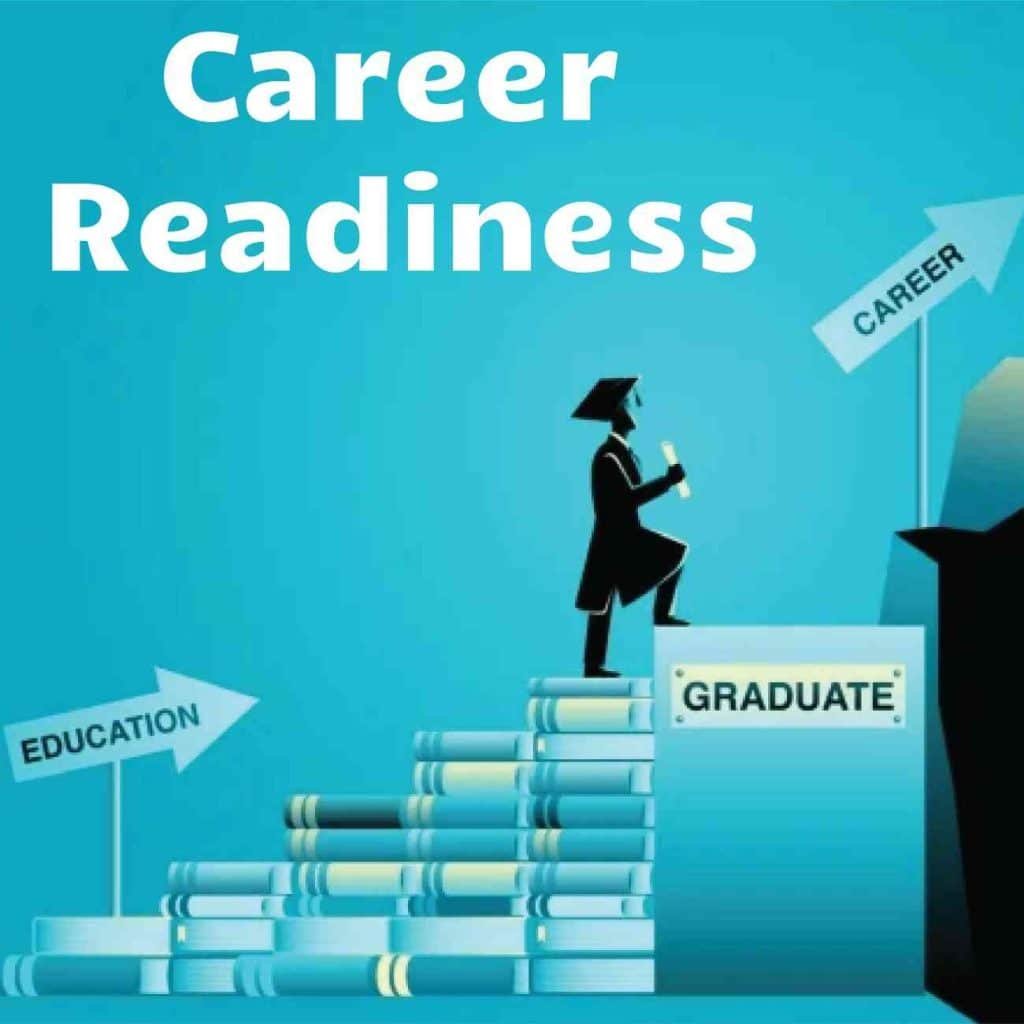
Career preparation for Pakistani students involves various methods, including skills development, gaining work experience, and preparing for job interviews.
To ready themselves for the workforce, students should actively pursue internships, volunteer work, and part-time jobs to acquire practical experience. Additionally, they should focus on refining skills such as communication, collaboration, and problem-solving, highly valued by employers.
Establishing professional networks through workshops, business events, and online platforms like LinkedIn is crucial for exploring career options and securing post-graduation employment opportunities. By engaging in these activities, Pakistani students can enhance their career readiness and thrive in the competitive job market.
Flaws of Pakistani Educational System
Pakistan’s education system faces many shortcomings that hamper its effectiveness and limit opportunities for students. Some of the disadvantages are:
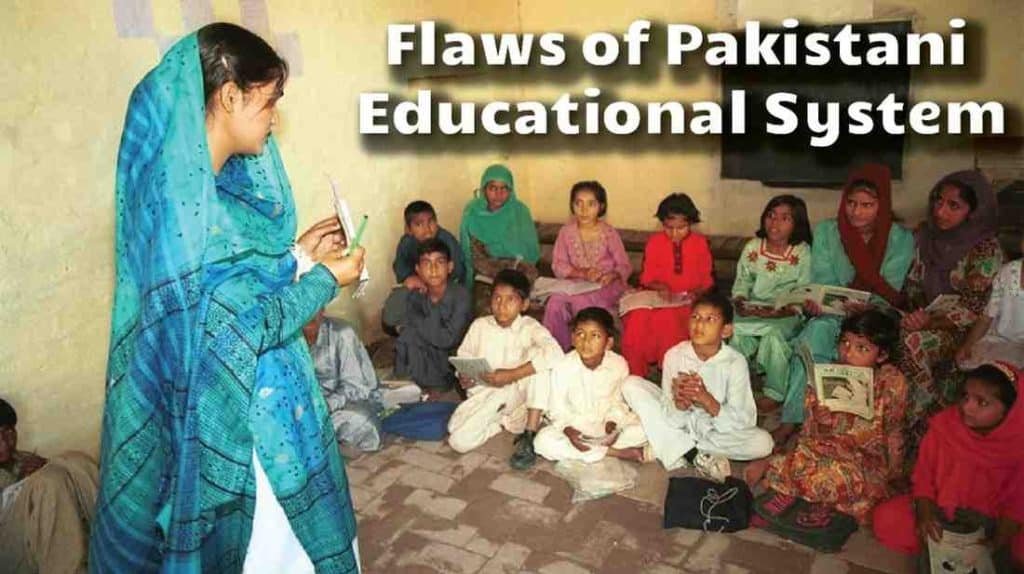
- Quality Gap: There is a significant gap in the quality of education between urban and rural areas. Urban schools generally have better infrastructure, qualified teachers, and more resources than rural schools.
- Gender Gap: Gender inequality in education still exists; Girls often face challenges such as lack of leadership, lack of access to school, and early marriage, resulting in declining rates of women and higher education.
- Curriculum Challenges: Curriculum is not relevant to real-world needs and often focuses on rote learning rather than developing thinking, problem-solving, and study skills.
- Teacher Quality: Lack of qualified and well-educated teachers is a major problem. Many teachers do not have the necessary training, resulting in poor teaching methods and low learning outcomes.
- Inadequate infrastructure: Many schools lack basic facilities such as electricity, water, and cleaning, which affects the education and health of the student.
- Financial allocation: The government’s lack of funding for education has resulted in inadequate school resources, including outdated textbooks, limited teaching materials, and inadequate facilities.
- Language Barrier: The language used at school is often different from the language of the students, making it difficult to understand and preventing effective learning.
- Testing System: A key component of high stakes testing promotes a culture of test-driven learning by encouraging rote memory over good understanding and reasoning. Comprehensive reforms, teacher training, curriculum development, equitable access, and resource allocation to ensure that all Pakistani students receive quality education.
Future Recommendations
Navigating the future proposals for promoting education in Pakistan should focus on several key areas to ensure continuous development and progress. Here are some detailed instructions by Grow More Career (GMC)!
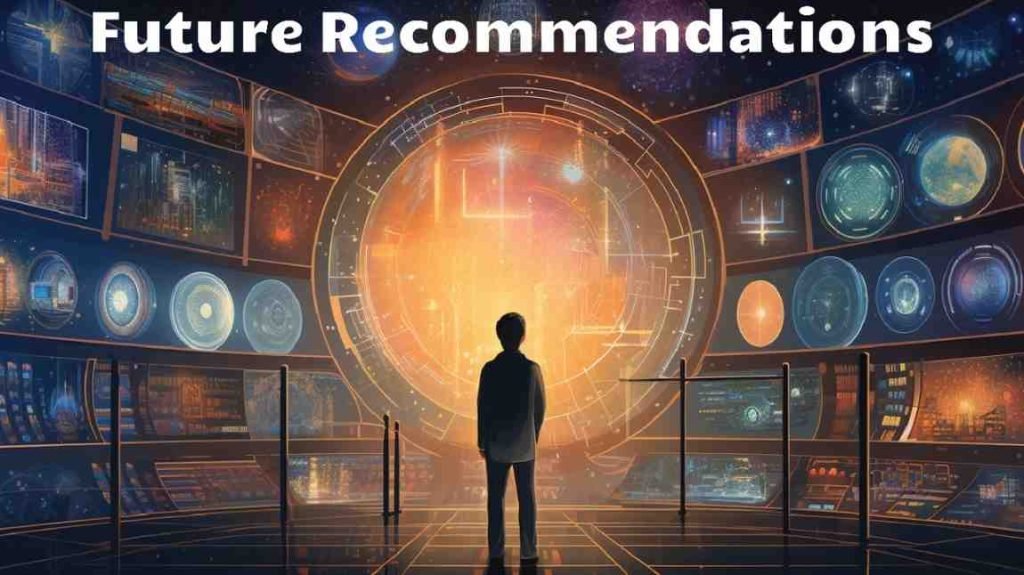
Digital Literacy Initiative
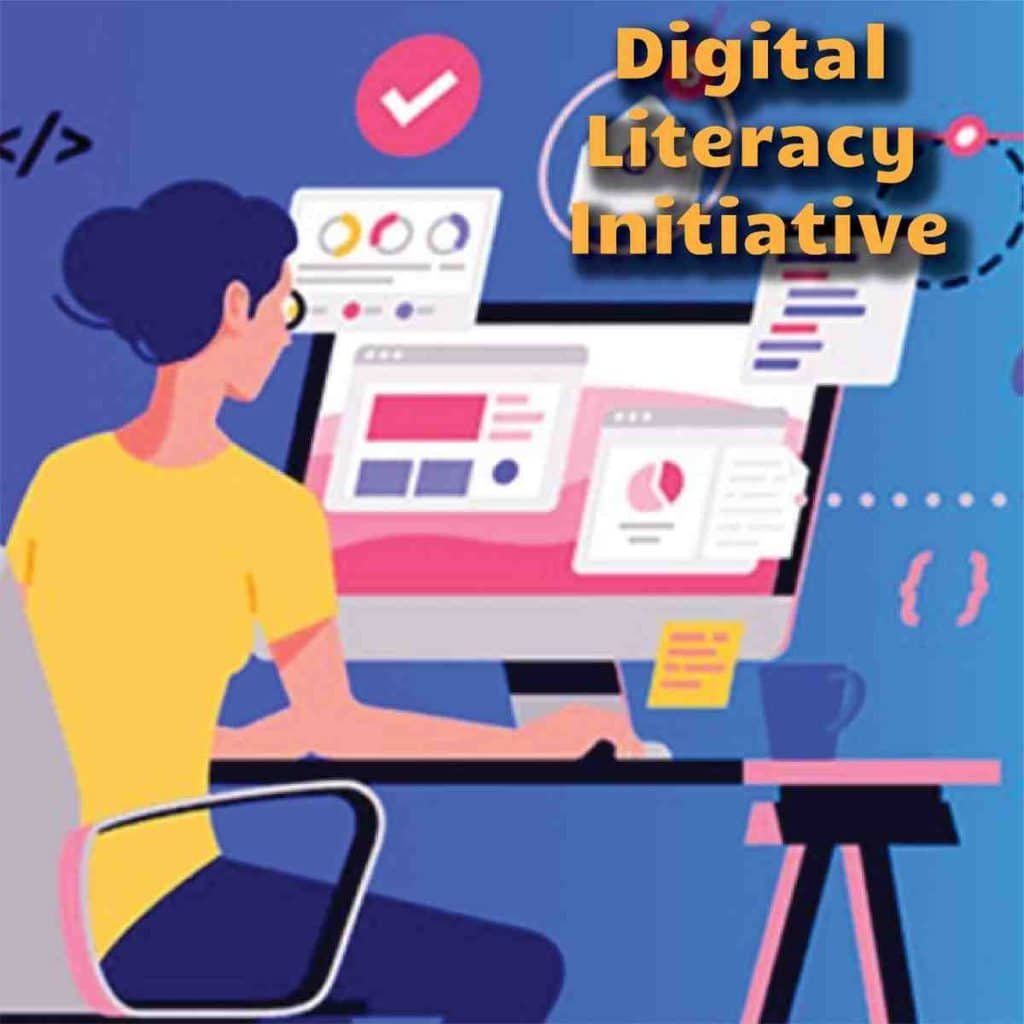
Given the importance of technology in education and the workplace, a concerted effort is needed to improve students’ digital literacy.
It is important to introduce digital literacy courses in schools and colleges, provide computers and internet in rural areas, and provide specialized training in digital skills. In this way, students will be able to adapt to developing technology and compete in the digital economy.
Promotion of Vocational Education

To resolve the conflict between skills acquired through education and the needs of the market, there should be more training in vocational education studies and training.
Investing in vocational schools, creating business education programs, and supporting business partnerships will help students gain skills and develop careers.
Inclusive Education Policy
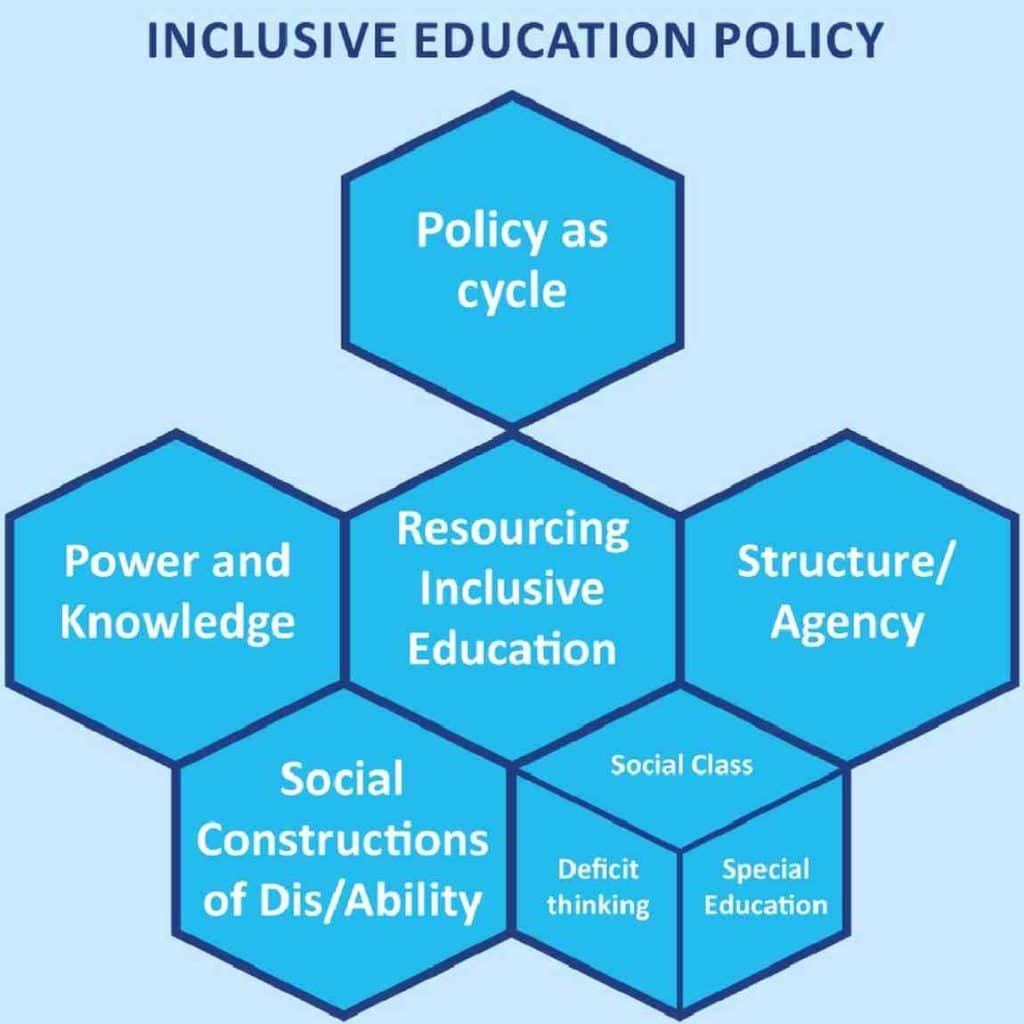
Inclusive Education Policy should be implemented to ensure that all students, including students with disabilities from underprivileged communities and remote areas, receive a good education.
This will include the provision of special education services, the development of infrastructure to meet different needs and the support of co-teaching in schools and colleges.
Teacher training and professional development
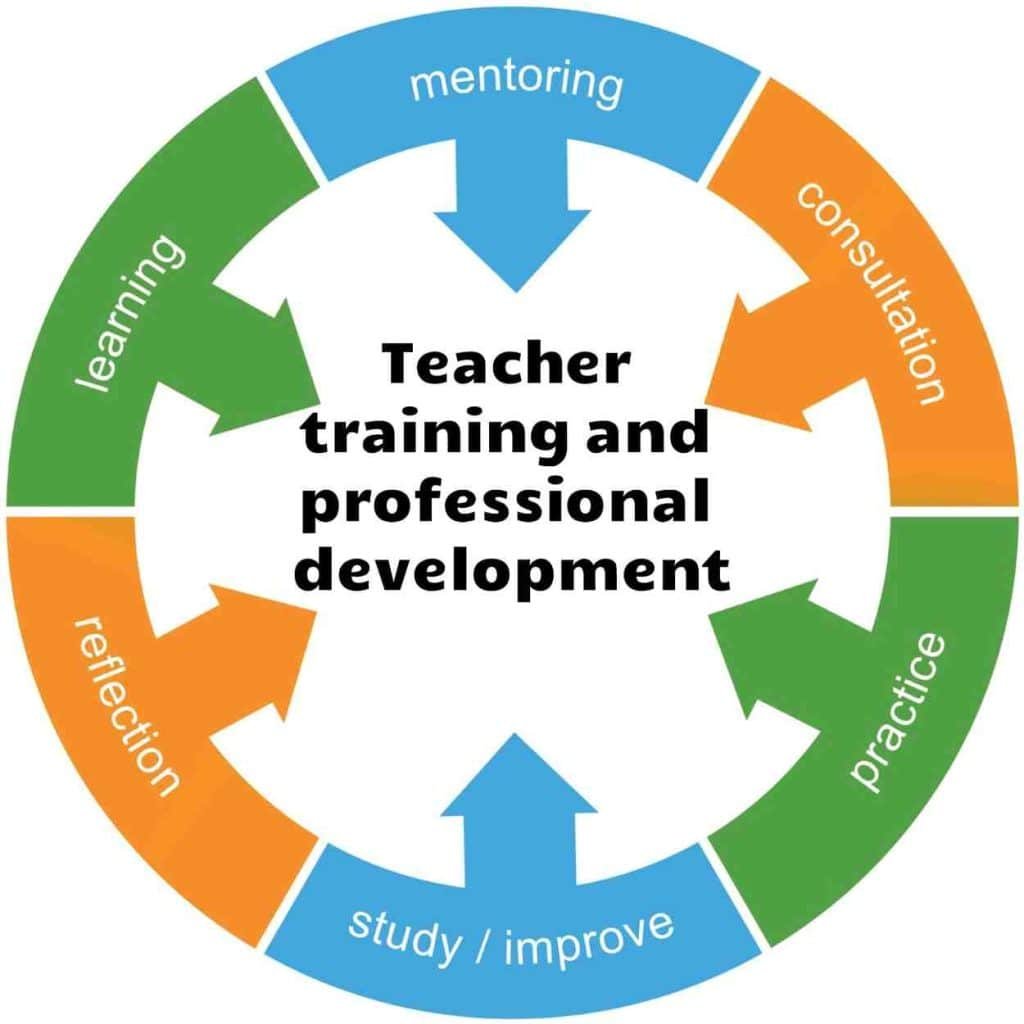
Improving the quality of teaching is critical to improving learning outcomes.
For this reason, teacher training programs focusing on modern teaching, technology integration and student learning models need to be held regularly. Encouraging teachers to pursue higher education and professional development will also help increase their effectiveness in the classroom.
Curriculum Updates
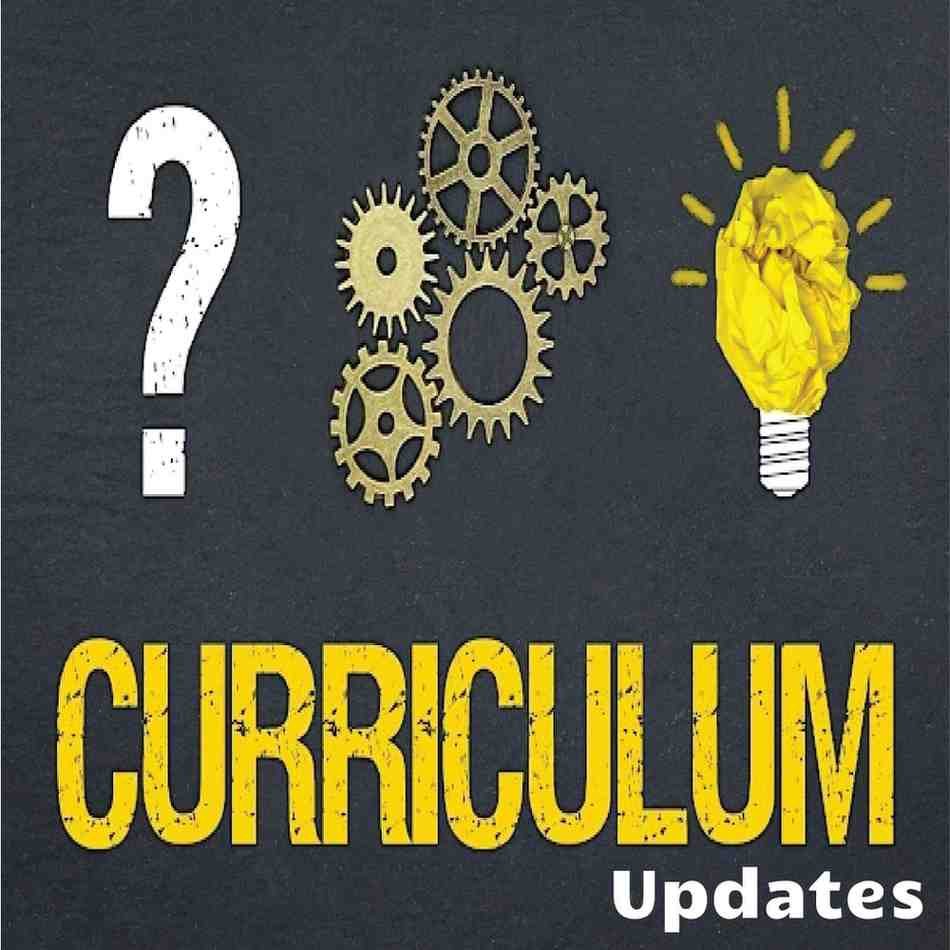
Curriculum needs to be continually reviewed and updated to ensure it is relevant and meets the needs of society and business.
Teaching collaboration, emphasizing critical thinking and problem solving, and integrating local and cultural contexts into the curriculum will better prepare students for future challenges.
Promote Lifelong Learning

Promoting a culture of lifelong learning is crucial for personal and professional development.
Providing continuous learning opportunities such as online courses, workshops and seminars, encouraging self-directed learning and implementing non-formal learning will increase students’ learning spirit and success.
Public-Private Partnership
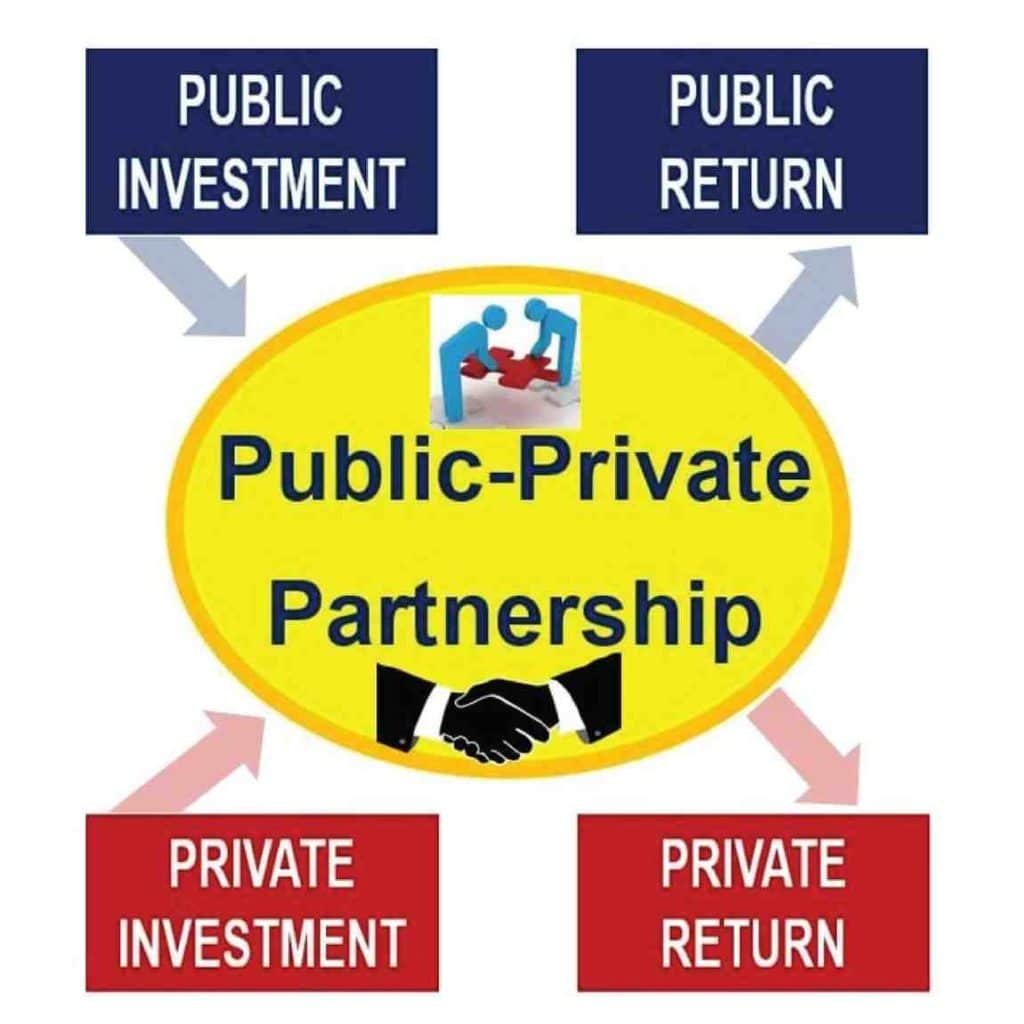
Partnerships between government, the private sector, civil society, and education are important to drive education reform and evaluation.
Public-private partnerships to invest in education infrastructure, develop innovative solutions, and leverage resources and expertise will ensure success in supporting education in Pakistan. A good education enables students to realize their potential and make a positive contribution to society.
See More Academic Triumph: Discovering Best Top 10 Universities in Lahore for 2023
Explore Empowering Education: Tips for Students in Pakistan! Any queries or thoughts? Drop a comment, and let’s dive into a conversation. Best of luck on your journey from Grow More Career (GMC)!
Thanks for visiting gmc.com.pk.
